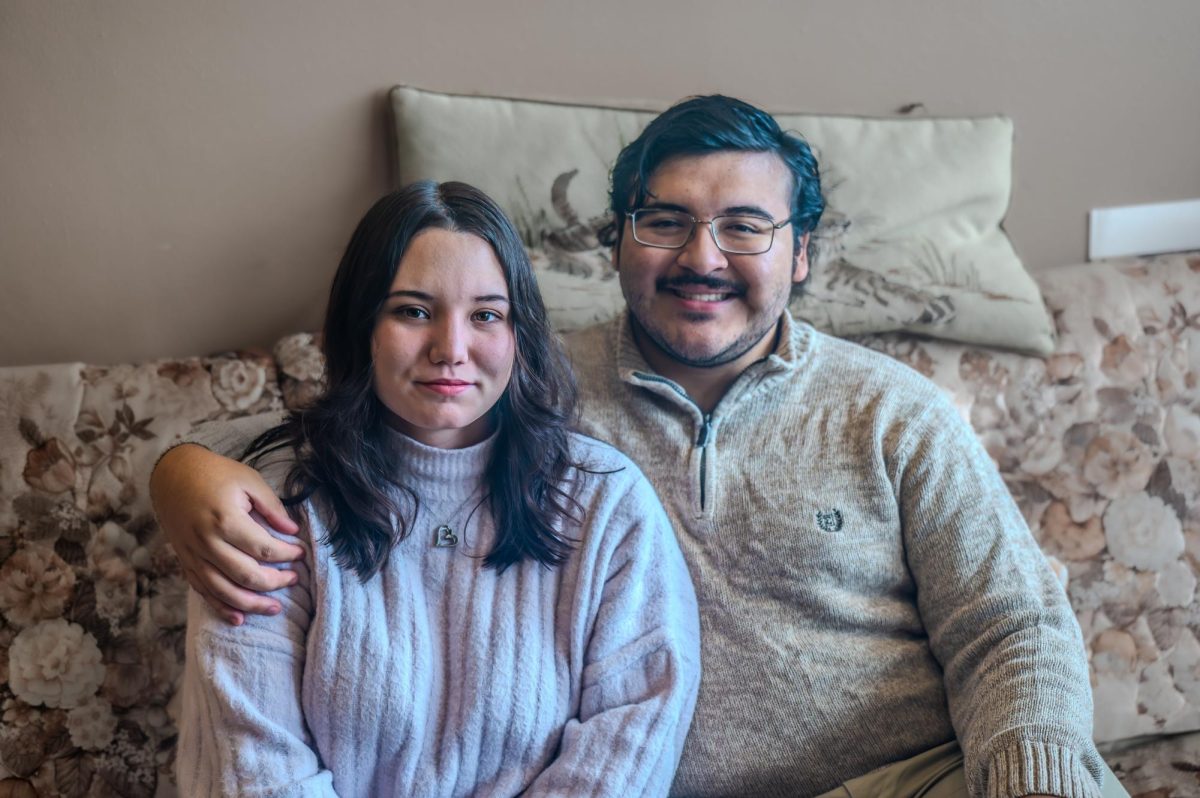While the Cold War may seem like a distant event, its effects are still highly relevant to contemporary issues and politics.
The effects of, and changes since, the Cold War will be highlighted in the “Beyond the Cold War: The World Since 1989” symposium, hosted by the Rosenfield Program in Public Affairs, International Relations and Human Rights. The event will run from Sept. 21 to 23.
“This symposium should give our campus community a chance to think about the state of the world today through the lens of how things have changed since the end of the Cold War … the Cold War is still tremendously influential on the way we think about world conflicts—especially in the United States,” said Sarah Purcell, Director of the Rosenfield Program. “We want to understand what has changed—and what hasn’t.”
The symposium will focus on the end of the Soviet Union and changes in both East and Central Europe during the end of the 1980s, but will also discuss in detail worldwide change since the end of the Cold War. The symposium’s relevance to modern day concerns are highlighted by the issues being discussed—terrorism, post-colonialism, non-violence, human rights, nuclear security and militarization.
“[The experts] have had first-hand involvement in and observation of the world’s challenges since the symbolic Berlin Wall came down,” Purcell said of the speakers. Indeed, the agenda of speakers features a wide variety of backgrounds and expertise.
Lawrence Korb and Janne Nolan, who are giving speeches on “National Security in an Age of Terrorists, Tyrants, and Weapons of Mass Destruction” (Sept. 21) and “Nuclear Security and Military Change” (Sept. 22) respectively, are national security experts. Korb was assistant secretary of defense from 1981 through 1985, while Nolan was national security advisor to the U.S. Senate from 1983-1987.
Konstanty Gebert was an influential underground journalist during Poland’s Communist dictatorship, as well as the co-founder of the “Flying University”—a secret institution that encouraged the education of government-forbidden topics. He will discuss a lecture entitled “Better to Die Standing? Thinking about Violence in the Transition from Communism in Poland and Yugoslavia” (Sept. 23).
Stephen White is a Soviet expert, and the James Bryce Professor of Politics, as well as the Senior Research Associate in Central and East European Studies at the University of Glasgow. He will be speaking on “The Demise of the USSR: Looking Back and Looking Forward” (Sept. 21).
Dina Temple-Raston is the counterterrorism correspondent for NPR, and the author of “In Defense of Our America,” which reviews civil liberties in post-9/11 America, and “The Jihad Next Door,” which is about America’s first recognized “sleeper cell.” She will offer commentary on terrorism cases after the Cold War (Sept. 23).
David Forsythe is the Charles J. Mach Distinguished Professor of Political Science at the University of Nebraska. He has written, amongst various other works, “Human Rights in International Relations” and “The Encyclopedia of Human Rights,” and will be speaking on the topic of “Human Rights after the Cold War: From Kosovo to Abu Ghraib” (Septr 22).
Artists Toni Meštrović and Nadija Mustapić will discuss “Contemporary Croatian Art: Expressions of Transition,” looking at how art has dealt with the legacies of the cold war and the geopolitical context of contemporarynCroatian art (Sept. 23).
“I’m very excited especially for students to get a chance to interact with speakers,” Purcell said. “Many classes at Grinnell deal with themes we will be examining in the symposium, and students can come and hear how academics and practitioners apply those kinds of insights to real-world situations. I hope students come, ask lots of questions, and spark discussions.”



















































